

If you have ever encountered a time when you simply can’t stop eating even when you are already full, then chances are you may be familiar with what binge-eating can make you feel after. Don’t feel judged as I too have been in that situation a number of times. Now the real question is, how does one stop binge-eating?
Binge-eating may or may not be caused by an underlying disease and includes occasions when one overindulgences on holidays or birthday celebrations. While there’s nothing wrong with indulging every now and then, over-consuming a lot of calories in one sitting when done frequently can have implications on one’s health.
So to help you out, I wanted to share some of my practical tips to control binge-eating and make you feel more in control of your eating habits.
1. DON’T SKIP MEALS.
I used to think eating less and skipping meals can help me maintain a healthy weight. But we all know now that it’s not really the case. Skipping meals will make you feel more hungry and feel more deprived. So the first sight of food makes you want to eat more than you actually need.
Are you heading to a lunch party? Make sure to have a full breakfast and ditch the idea of ‘making space’ in your tummy for the buffet spread that awaits you. I always love having my green smoothie in the morning since it makes me feel full without the bloat.
Snack also on whole and natural foods like fresh fruits and vegetables. I love having apples, pears, paired with whole nuts or a tablespoon of nut butter or greek yogurt. Avoid sugary snacks or refined, processed food since those are just empty calories which will still keep you feeling hungry and wanting to eat more food.
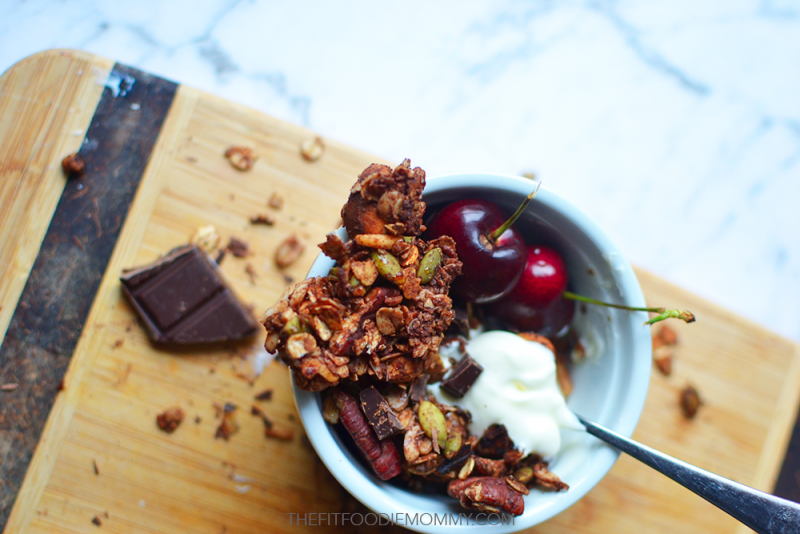

2. GET ENOUGH SLEEP.
You might ask, what does sleep have to do with eating? A LOT. The importance of sleep is underrated these days that it pains me to see when one does so much in their diet and fitness routine yet continues to be sleep-deprived.
Sleep is when our body restores its energy. So when we don’t get at least 8 hours of sleep, we wake up exhausted and all bodily functions are disrupted, including our appetite. We take in caffeine and sugar, hoping to get that energy spike but it never gets satiated so we end up consuming more food we don’t actually need.
Having trouble sleeping? Try creating a conducive sleep environment from adjusting the temperature, to having a no-gadget bedroom, and having a light dinner to get that snooze you need.
Focus on having more sleep each night, and notice how you feel in the morning. Chances are, you wouldn’t have the strong urge first thing in the morning to grab a bite when you’re feeling so well-rested.
3. ADD MORE NATURAL, WHOLE FOODS INTO YOUR DIET.
Crowd out unhealthy food by filling yourself up with highly nutritious, and healthy food. Examples would be unprocessed, whole fruits and vegetables like leafy greens, berries, citrus fruits, sweet vegetables like sweet potatoes, pumpkins, whole grains like quinoa, and lean meats. When you add more of these foods, you tend to feel full longer and will less likely over-eat.
We live in a sugar and junk economy where processed food in oversized amounts are highly accessible. So one sure way to avoid binging on those unhealthy food is to make sure you have access to unprocessed food in your home.
You can start by replacing your sugary snacks and chips with whole nuts and fruits. Or make your own healthy snacks at home which you can prep on the weekend. My favorites are banana breads, and energy balls which are easy to make and are handy whenever you need a healthy bite.


4. MOVE MORE.
Movement is as important as one’s diet. Have you ever found yourself finishing a bag full of chips in a matter of minutes when stuck in your couch? If you ever catch yourself taking refuge in that jar of nutella when you feel lethargic, try dusting off those sneakers and go for a power walk. Or you can simply do a quick 10-minute low-intensity physical activity like jumping jacks, lunges, squats, or even modified push-ups which require little to no equipment.
If you’re not so much into workouts, try yoga or pilates which also focuses on improving breathing and posture, and can bring loads of health benefits to your body. The idea is to have at least 15-20 minutes of moderate physical activity every single day. Find what you enjoy doing and do more of that.
5. START A FOOD-MOOD DIARY.
Emotional eating is sometimes less caused by physiological factors but by other underlying causes like stress, lonelines, and even depression. Being aware of the triggers which leads you to over-eat is the first step towards curbing your binging tendencies.
So when you feel like you can’t stop eating, get a notepad and write down what you are feeling that instant. Write also what you are craving for, and other non-food associations with it. For example if you are craving for chocolates, ask yourself what is it about chocolate that you really are craving for? Perhaps that feeling of warmth, and comfort? Or that surge of joy and happiness? And then ask yourself what other ways can you fulfill those needs apart from food. Maybe having a catch-up with a long-time friend, calling your mom, or perhaps having a nice long warm bath in the tub?
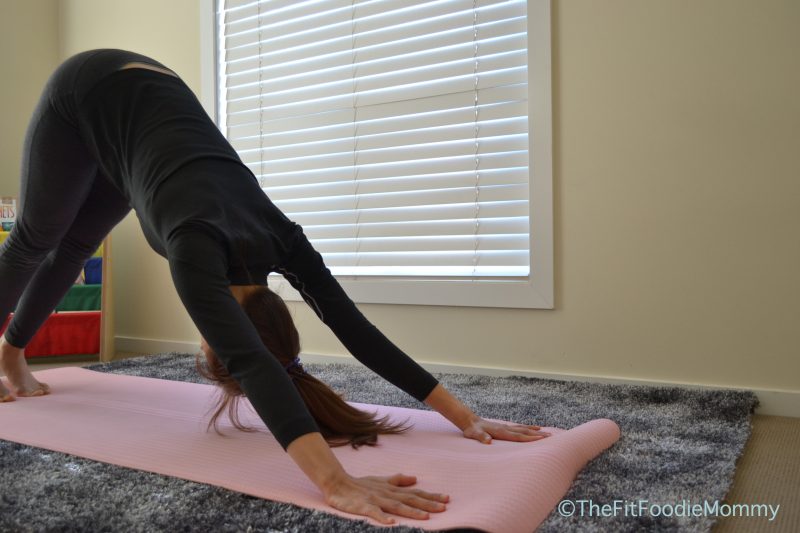

Look after your non-food needs thru self-care ways that will nourish your mind and spirit. Sometimes, we need soul food instead of food-food to actually enrich us from within.
Our eating habits are affected by so many factors and by looking at nutrition in a more holistic manner, we also begin to feel more forgiving of ourselves and not take the full blame whenever we’re not on track with our healthy routine.
Which of these 5 helpful tips will you try doing or you’ve already been practising? As always, leave your comments below and share your own thoughts on how to have healthier eating habits and stop binge-eating.
Share this article to friends you know who might benefit from it.
xo,
Tara






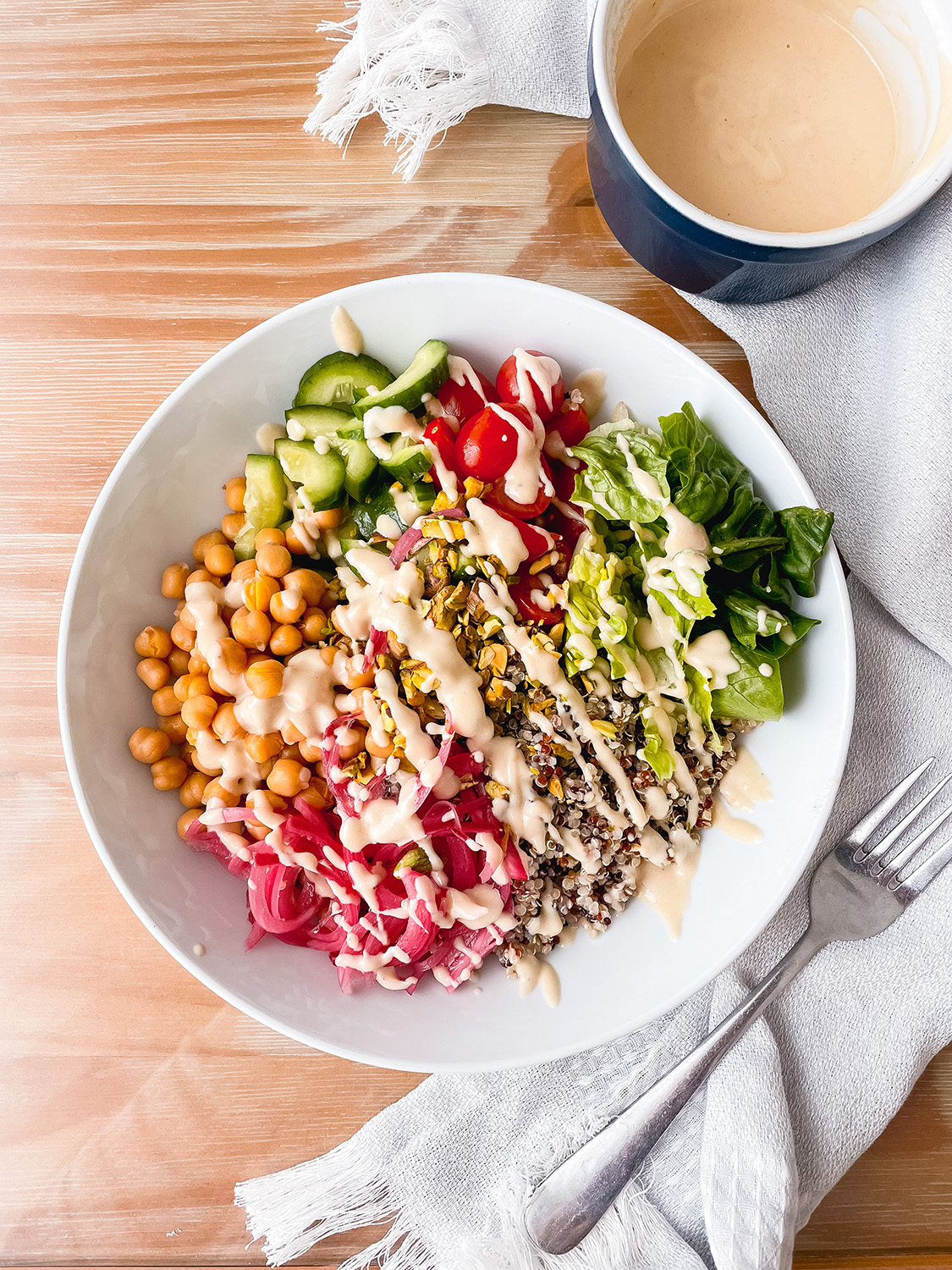
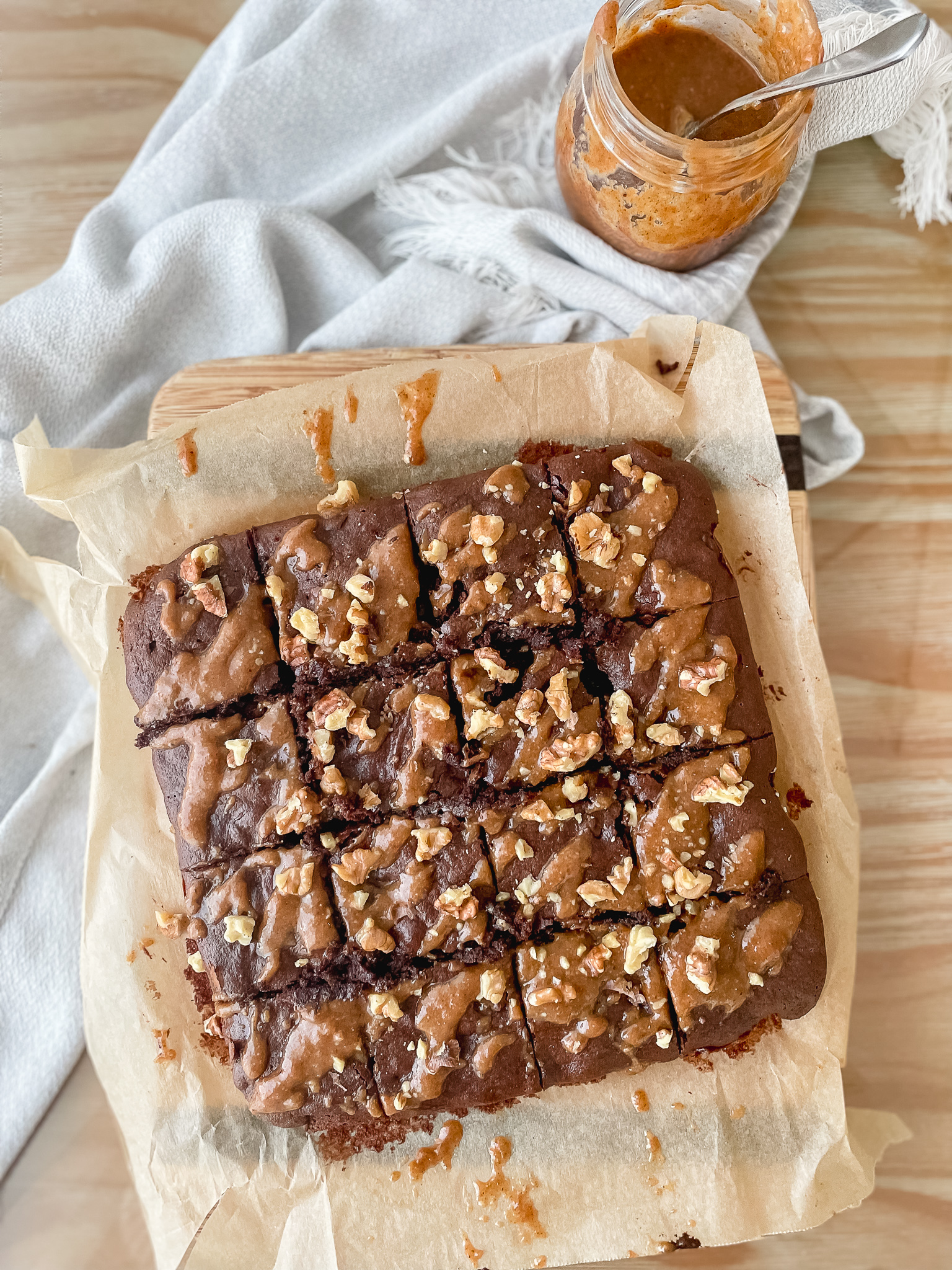
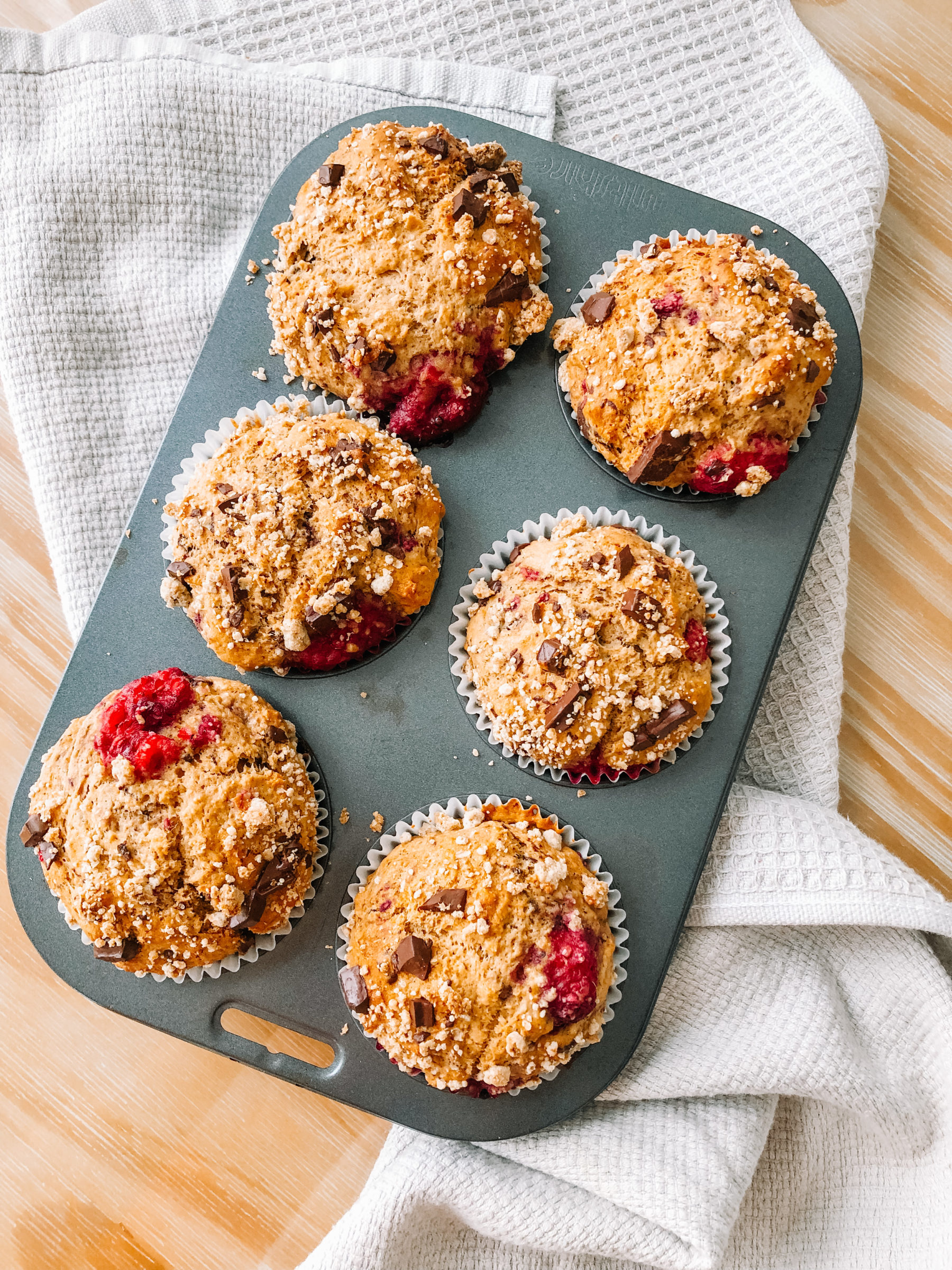



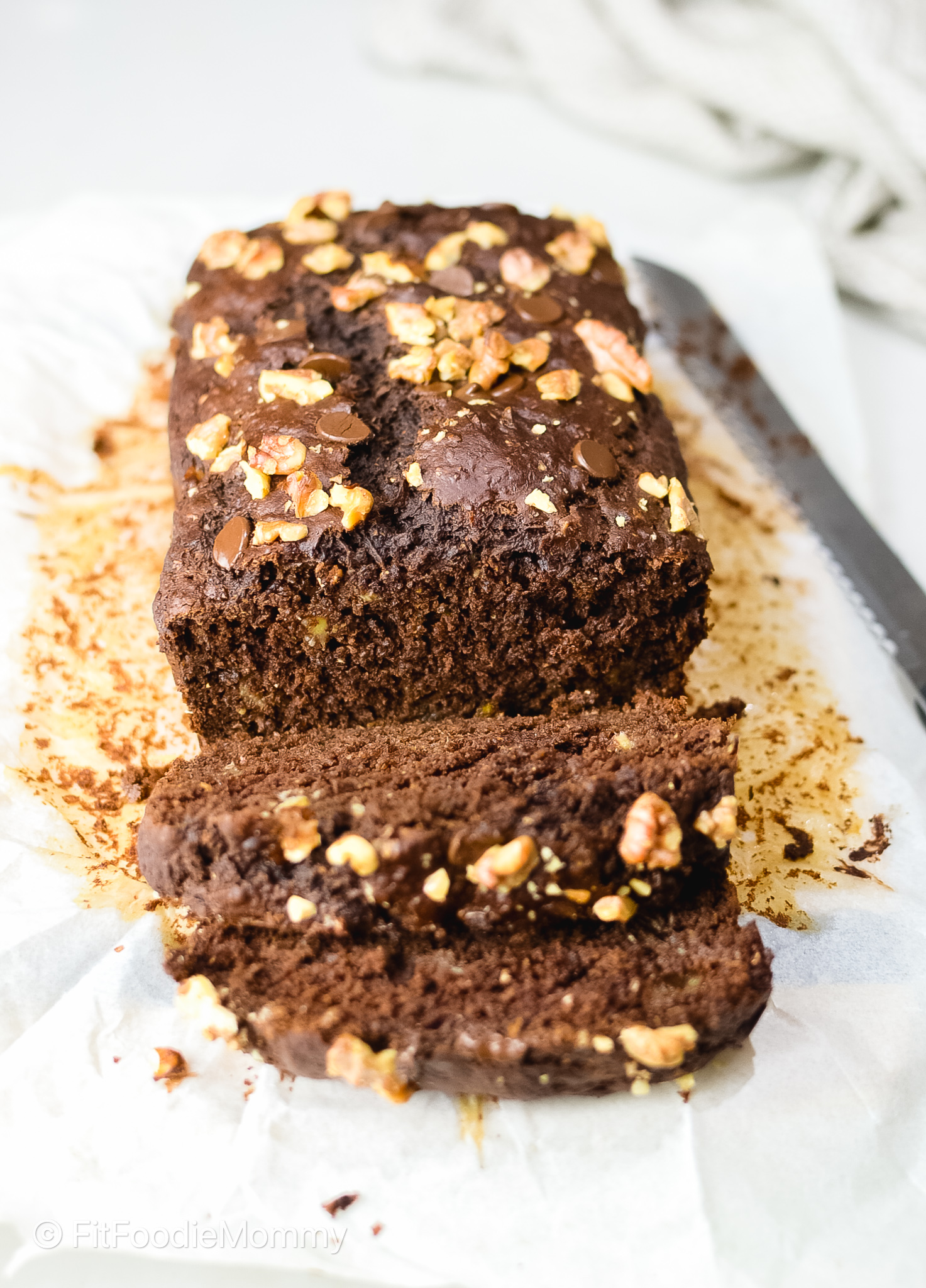























Be the first to comment